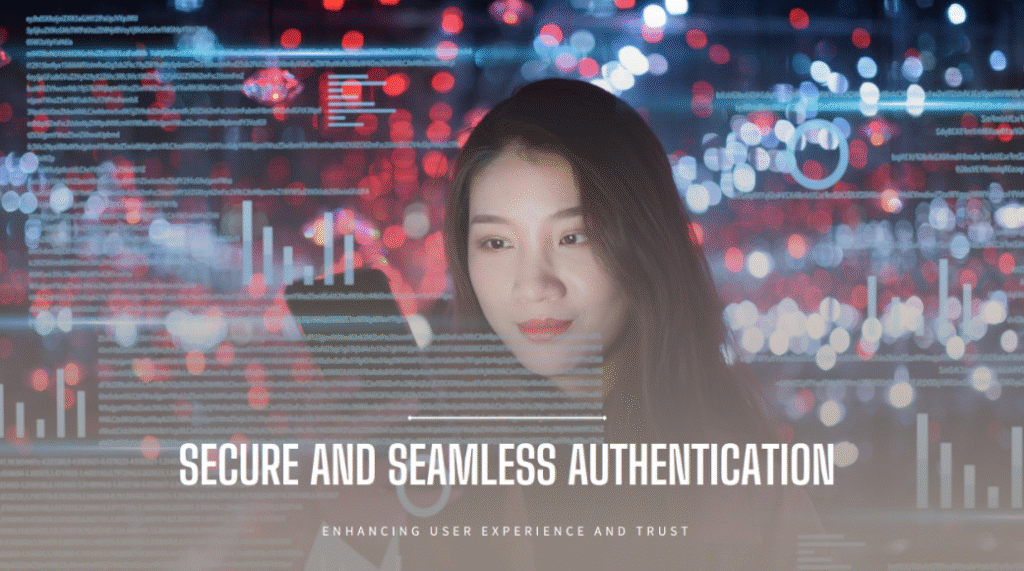Biometric technology was once promoted as the future of secure identification. Fingerprint scanners, face recognition cameras, and voice authentication were all seen as powerful tools that could replace traditional passwords and make life easier. For years, companies told people that biometrics were safer, faster, and more reliable than remembering codes or writing down PINs. But today the story looks very different.
Declining public trust in biometric systems
According to recent surveys, the level of trust in technology companies to protect biometric information has dropped sharply. Just two years ago, nearly one in three people said they felt comfortable giving companies access to fingerprints, face scans, or voice samples. Now only a small minority say the same.
In fact, the percentage of users who say they highly trust tech firms with biometric data has fallen to only about five percent. This steep decline reflects growing awareness about privacy risks, hacking attempts, and misuse of personal information.
Many people say their biggest fear is losing control over personal data. Unlike passwords, which can be changed if stolen, biometric identifiers cannot be replaced. A stolen fingerprint or face pattern cannot simply be reset. Once compromised, it may remain vulnerable for a lifetime.
Growing doubts about fingerprints, face scans and voice IDs
Not all biometric methods are viewed equally. Fingerprints remain the most trusted form of biometric security, but even here confidence is dropping. Surveys show that the number of people willing to share fingerprints has fallen from over sixty percent in 2022 to around fifty percent today.

Face recognition has seen an even steeper decline, falling from more than forty percent to just one-third. Voice recognition faces the greatest skepticism, with trust collapsing from about one-third of users to only one in five.
The reasons vary. People often say fingerprints feel less intrusive since they have been used for decades in government IDs and workplaces. By contrast, face recognition raises questions about surveillance and tracking. News stories about misidentification, racial bias, and errors in facial recognition systems have also damaged public confidence..
Artificial intelligence and the rise of spoofing
Another factor behind the loss of trust is the rise of so-called spoofing techniques. With deepfake technology and voice cloning becoming widespread, many people worry that criminals can trick biometric systems into unlocking devices or accounts. A simple video, a fake photograph, or a cloned voice sample may be enough to fool some security checks.

Artificial intelligence has made these attacks more sophisticated. While companies are trying to develop tools like liveness detection, which checks whether the input is from a real person and not a recording, people remain unconvinced. Many users say they simply do not trust that companies can stay one step ahead of hackers and fraudsters who constantly invent new tricks.
Differences across generations and regions
The level of comfort with biometrics is not the same for everyone. Younger people, particularly those in their twenties, are more open to using face and voice recognition, often because they have grown up with smartphones that rely on these features. Older generations, however, tend to be more skeptical and express stronger concerns about security and privacy.
Geography also plays a role. In some countries where government regulations are strict and companies provide clear policies on data storage, people are somewhat more comfortable using biometrics. In other regions, especially where oversight is weak, trust levels are much lower.


 Google Turns AI Setbacks into Dominance
Google Turns AI Setbacks into Dominance  Google to provide Gemini AI tools to US government
Google to provide Gemini AI tools to US government  China’s Military Goes All Out in Space
China’s Military Goes All Out in Space  What Is MLC Flash Memory? A Clear and Detailed Guide
What Is MLC Flash Memory? A Clear and Detailed Guide  How AI Tools Are Helping Students Study Smarter in 2025
How AI Tools Are Helping Students Study Smarter in 2025